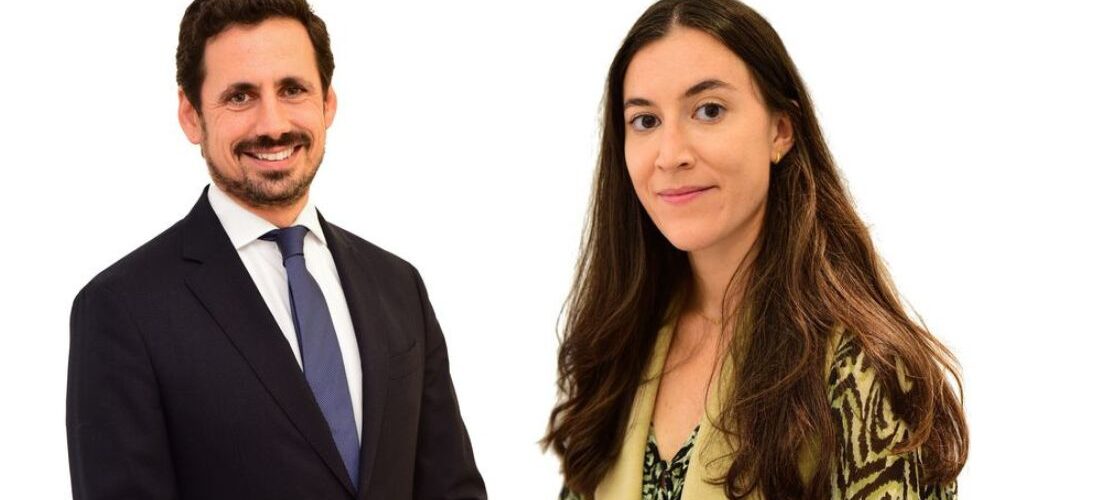ICAM keeps mental health helpline open through August
While August offers a break for many, it doesn’t always mean mental rest—especially for professionals in high-stress roles. Lawyers, doctors, teachers, and journalists are among those identified as working in emotionally demanding professions, often carrying the invisible weight of stress and hyperconnectivity even during holidays.
Aware of this growing issue, the Madrid Bar Association (ICAM) has announced that its free and confidential psychological support service for members will remain fully operational throughout August. In addition, ICAM has released a “Digital Disconnection Decalogue” to help legal professionals and others set healthy boundaries and truly switch off during vacation time.
“Lawyers never really disconnect—not on the beach, not at night, not even on sick leave. That level of self-demand takes a toll, and we can’t keep ignoring it,” said Ana Buitrago, Vice President of the ICAM Cortina Foundation and member of the Bar’s Governing Board.
The service is staffed by psychologists specialized in the legal sector who offer personalized care, from targeted advice to full therapy programs or psychiatric referrals when necessary. The most frequent concerns include chronic stress, burnout, insomnia, anxiety, and depressive symptoms, often linked to the high emotional investment the legal profession demands.
“Burnout is particularly common because working hours are rarely fixed and the outcome of each case is closely tied to the lawyer’s personal involvement. That level of pressure eventually leads to emotional exhaustion,” one of the program’s therapists explained.
According to ICAM’s data, more than 60% of lawyers have experienced symptoms related to stress, anxiety, or emotional fatigue. Years of normalized overwork, tight deadlines, and professional isolation have contributed to this crisis.
Promoting mental rest: the Decalogue of Digital Disconnection
Alongside its helpline, ICAM has published a practical Decalogue of Digital Disconnection aimed at encouraging self-care habits. The guide suggests setting communication-free time blocks, avoiding emails outside working hours, and taking mental breaks after emotionally intense cases. Though tailored for lawyers, it is also freely available to professionals in other sectors facing similar emotional strain.
ICAM’s initiative reflects a broader shift in professional culture, where institutions are starting to take mental health seriously as part of their social and professional responsibility.
“We’re moving from taboo to acknowledgment—but awareness isn’t enough. We need concrete action, and this service is one of them,” Buitrago emphasized.












